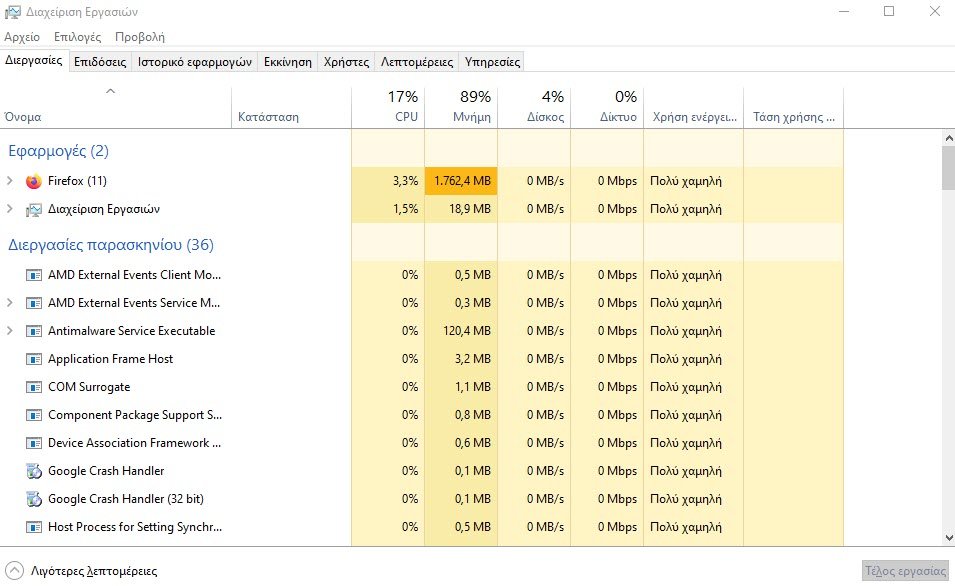Beginners may not use it as much, but Task Manager is one of the tools that professionals rely on to monitor their systems.
Task Manager or Task Manager has been improved with the latest feature updates Windows 10, and displays even more data.
Dave Plummer, who developed Task Management before the Microsoft to add it to the Windows operating system, he explains that some of the features he created still exist, only very few people know about them. 
So below we will see three features of the Task Manager that he published Plummer this weekteam in a detailed post on reddit.
CTRL + Shift + Esc Most people start Task Manager by right-clicking on the taskbar or pressing the three CTRL + Alt + Del keys together, then selecting Task Manager. However, it is much easier to start the Task Manager by pressing CTRL + Shift + Esc together.
Why is this shortcut more useful than the others? Because the shell is not involved, which allows you to start Task Manager even if the shell itself does not work.
Plummer states that the same shortcut can be used to start the application even when the Task Manager crashes. And all this because this particular hotkey was specifically designed to address this issue.
“If the Task Manager is stuck or interrupted, start another one by pressing ctrl-shift-esc together. Winlogon will search for an existing window and try to display it for 10 seconds. If the old Taskmgr does not start another one will start. That way, you will never run out of Taskmgr as long as resources are available, ”he says.
"Task Manager reduced modeAs you already know, applications crash when the system has no resources. Something similar could happen in the Task Manager.
This is not the case with Task Manager, however, as when the application was developed, the developer thought of adding the ability to start even if there are no necessary resources.
In other words, there is a special "safe" function that you can start to see what causes resource usage and "kill" the process that is manually responsible for restoring the system to normal operating conditions.
Task Manager reset “CTRL + Shift + Alt” "If the Task Manager freezes, close it. Restart the internal application while holding down the CTRL, ALT and SHIFT keys and Task Manager will reset ALL internal settings to factory settings or as your system was at boot time. ”
Windows Task Manager is a much more complex application, and this is due to the fact that it was developed from the beginning to deal with almost all the scenarios that a system administrator may encounter. Microsoft has not changed the basics of Task Manager over the years, so everything works fine not only on older versions of Windows, but also on Windows 10.





